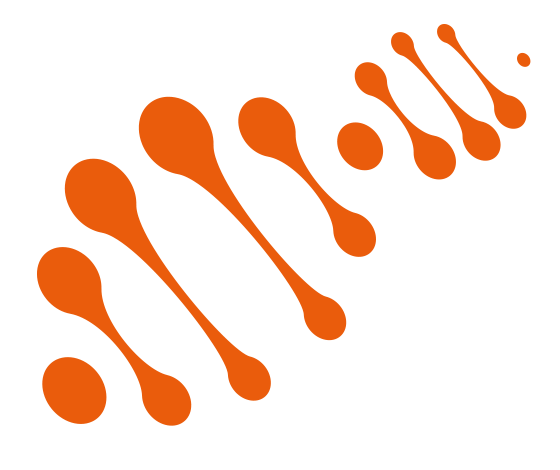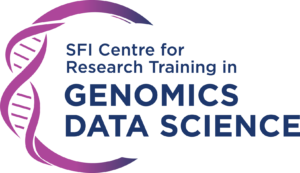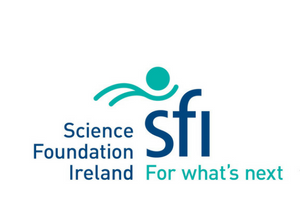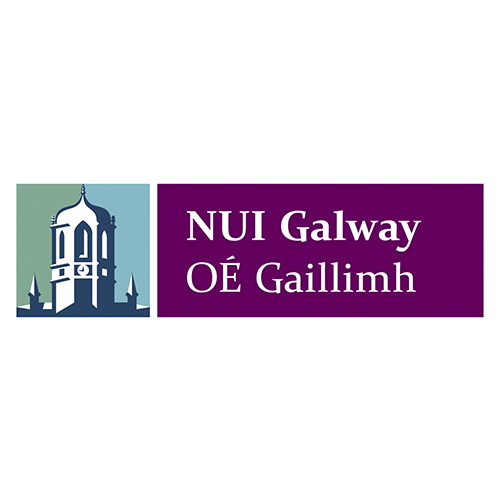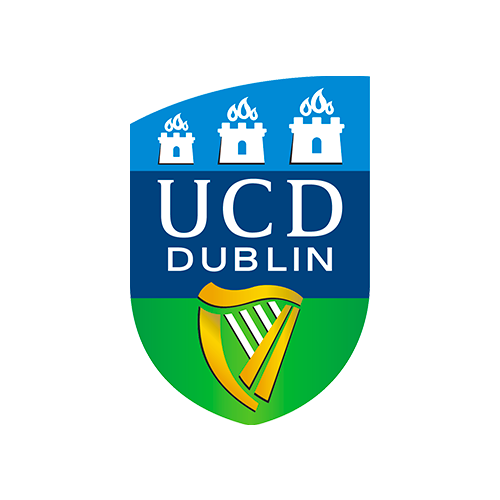What is integrative genomics?
Integrative genomics is an emerging field of genomics that uses interdisciplinary approaches to better understand complex diseases. For example, integrated analysis of high-throughput genomic data with novel computational algorithms correlated with clinical outcomes can identify biological pathways and molecular targets to develop better therapies.
WHO ARE WE
INTEGRATE is a doctorate training programme co-funded by the European Commission’s Marie Sklodowska Curie Actions (MSCA) COFUND programme and the Centre for Research Training (CRT) in Genomics Data Science funded by Science Foundation Ireland (SFI). INTEGRATE is a sub-programme within the CRT in Genomics Data Science providing training in Integrative Genomics Research to equip researchers with biomedical scientific knowledge and genomics data science skills.
The INTEGRATE programme offers 20 prestigious four-year PhD scholarships to eligible early stage researchers (ESRs).
The CRT and INTEGRATE work with a number of partner organisations thus linking together over 100 genomics data science research groups and several sectors to provide world-class training in genomics data science, including:
- academic institutions
- Industry partners
- Governmental/intergovenmental agencies
- Clinical science organisations
- Non-governmental organisations and charitie
VISION
INTEGRATE provides world-class training with several advantages over the traditional, apprenticeship-type PhD training including:
- Cohort-based training where 25-30 students train together each year
- Our students can choose their research project based on their personal professional interest
- A large number of research projects are available
- The training is interdisciplinary and intersectoral, with a cross-sectoral (e.g. academia to industry) secondment and joint supervision
- Structured career development planning and a broad spectrum of career opportunities
The Training Programme
The INTEGRATE programme trains doctorate students in the interdisciplinary field of integrative genomics to provide our graduates with the knowledge and the ability to identify research questions of most benefit to society and have all the skills to address these typically complex problems.
The training programme is a structured PhD programme starting with a 1st semester residential training programme (RTP) at NUIG. At the end of this residential training programme students choose projects and relocate to the partner university at which their research project will commence.
Research Themes
Over 50 Research Group Leaders, including many of Ireland’s top genomics scientists, are available as PhD supervisors. Students will be able to choose projects from across 4 research themes of the programme:
- Genomics of common and rare diseases
- Cancer genomics and precision medicine
- Genomics for pathogen surveillance and control
- High-resolution population genomics
Practical information for applicants
The INTEGRATE programme offers a total of 20 PhD scholarships.
The total salary allowed per student is €32,508 (before Employer taxes and contributions are deducted). The gross salary payable to the student is €25,143 (before Employee taxes and contributions are deducted). A family allowance is available for students with a family.
Additionally, fees of €5,500/year, a high-end laptop computer and accommodation while on the first semester residential training programme are provided. Funding is also available to cover travel expenses (€7,500), participation in workshops (€1,500), a placement (€4,500) and publication costs (€6,300) allowing your research findings to be published in open access journals.
For details of the application, eligibility and evaluation criteria, please see INTEGRATE guide for applicants 2021-22.
Application Procedure
Please note: INTEGRATE has recruited its full complement of 20 students and no further students will be recruited onto the programme.
To be eligible, you must meet the eligibility criteria for MSCA early stage researchers and the specific eligibility criteria for the INTEGRATE programme:
- You must be an early stage researcher, meaning that at the call deadline you must be within the first four years (full-time equivalent research experience) of your research career and not yet have been awarded a doctoral degree.
- You must comply with the MSCA mobility rules whereby you should not have resided or carried out your main activity (work, studies, etc.) in Ireland for more than 12 months in the 3 years immediately before the call deadline.
- You must have a 3rd level degree (B.Sc, equivalent of Honours 2.1 Irish degree or MSc.) in a relevant discipline, such as a biological science (genetics, biochemistry, biomedical science, molecular biology, immunology, etc) or a data science (computer science, engineering, physics mathematics, statistics, bioinformatics, etc.). You should also have a strong aptitude for programming and data analysis.
- You must have advanced level English language competency: You must demonstrate your ability to understand and express yourself in both written and spoken English at a sufficiently high level to be able to complete the training. English language competency can be demonstrated by certificates from International English language courses – see NUIG regulations at (https://www.nuigalway.ie/international-students/entry-requirements/ but note that the requirements at some of our partner institutions may differ slightly.
The INTEGRATE Programme is a sub-programme of the SFI Centre for Research Training in Genomics Data Science (CRT).
The application process is now CLOSED
Informal Queries: May be addressed to the following email address: integrate.genomics@nuigalway.ie
Eva Szegezdi (Programme Co-ordinator)
Research Lecturer in Cancer Biology
Biomedical Sciences
School of Natural Sciences
This project is funded by the EU’s Horizon 2020 research and innovation programme under the Marie Sklodowska-Curie grant H2020-MSCA-COFUND-2019-945385 and a grant from Science Foundation Ireland under Grant number 18/CRT/6214
